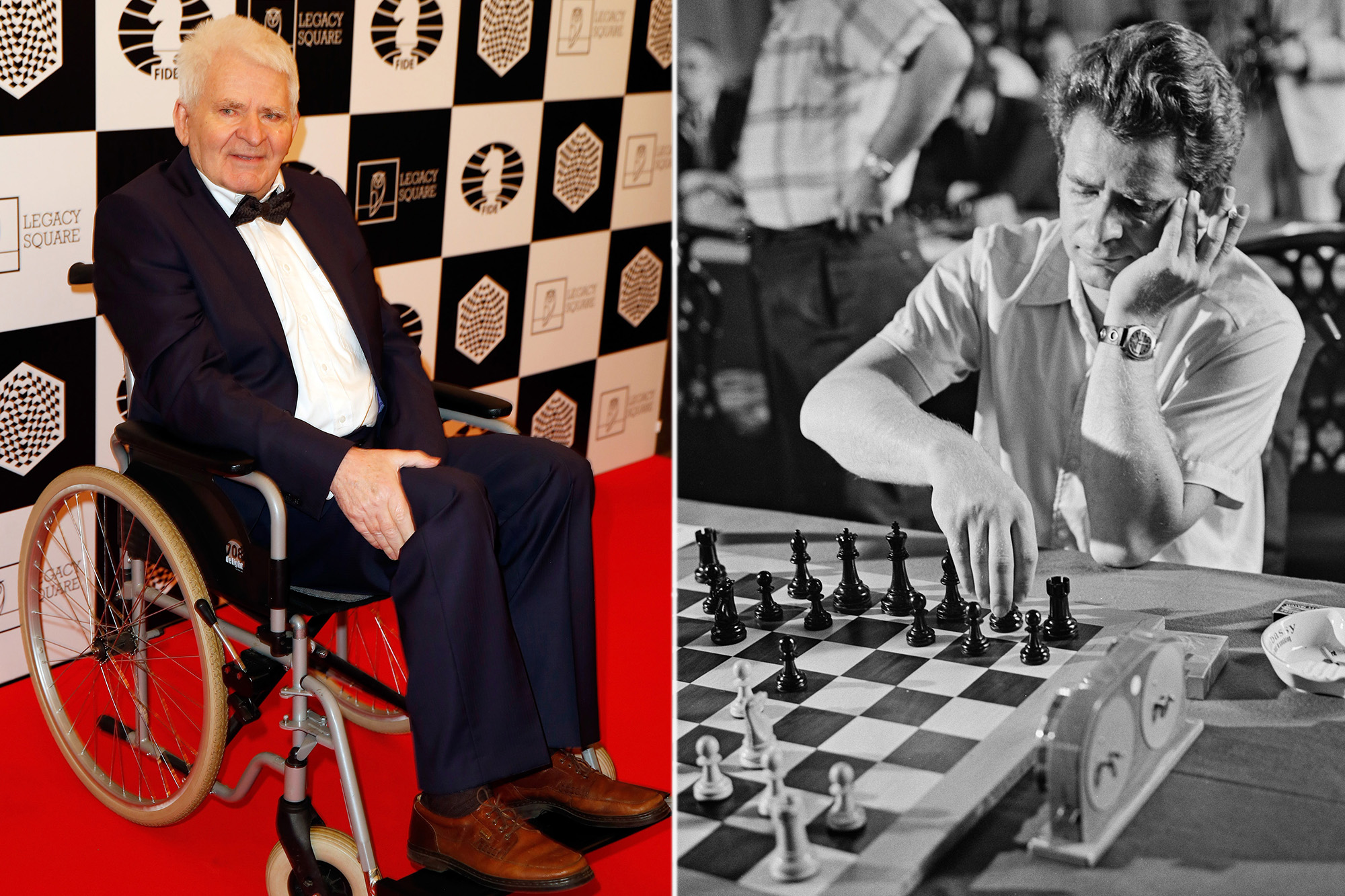Moscow, Russia – The chess world bids farewell to one of its most enduring figures. Boris Spassky, the former world champion whose 1972 title defense against American Bobby Fischer became an epic Cold War confrontation played out on the checkered board, has passed away in Moscow at the age of 88.
The International Chess Federation (FIDE) confirmed the news, acknowledging Spassky as “one of the greatest players of all time” and someone who “left an indelible mark on the game.” While no specific cause was disclosed, his passing marks the end of an era, defined in part by a single, globally watched match that sometimes, perhaps unfairly, overshadowed a remarkable career.
Spassky was a prodigious talent, mastering the complexities of chess from a young age. He was known for his universal style, capable of playing effectively in any type of position, be it tactical skirmishes or strategic battles. Yugoslav grandmaster Svetozar Gligoric aptly described Spassky`s strength as his “colossal skill in adapting himself to the different styles of his opponents.” This made him a formidable, unpredictable opponent, a quality that propelled him to the very top of the game.
His reign as world champion began in 1969. However, it is the subsequent match in Reykjavik, Iceland, that cemented his place in popular history. The 1972 World Chess Championship match against Bobby Fischer was far more than a sporting contest; it was a proxy battle between the Soviet Union and the United States at the height of their geopolitical rivalry. Billed sensationally as the “Match of the Century,” it captivated an audience far beyond the usual chess enthusiasts, broadcast and discussed globally as a symbolic clash of ideologies.
Spassky, representing the established Soviet chess machine, faced the enigmatic, fiercely independent American challenger. The match itself was fraught with drama, psychological tension, and even political intrigue. When Bobby Fischer emerged victorious, he not only claimed the international chess crown but also delivered the United States its first world champion, a moment of significant cultural and national pride during that tense period. Fischer himself passed away in 2008.
Beyond the spotlight of Reykjavik, Spassky continued to contribute to chess. He emigrated to France in 1976, further demonstrating a certain independence of spirit. His former rival, Garry Kasparov, himself a legendary champion, noted that Spassky “was never above befriending and mentoring the next generation, especially those of us who, like him, didn’t fit comfortably into the Soviet machine.” This speaks to a personality that valued the game and its future more than strict adherence to political lines or hierarchies.
Boris Spassky`s legacy is multifaceted. He was a brilliant player with a deep understanding of chess, a world champion who reached the pinnacle of the sport, and a central figure in a cultural phenomenon. While the “Match of the Century” may be his most famous chapter, his contributions to chess, his adaptable style, and his complex journey through the political landscape of the 20th century ensure his memory will endure.

